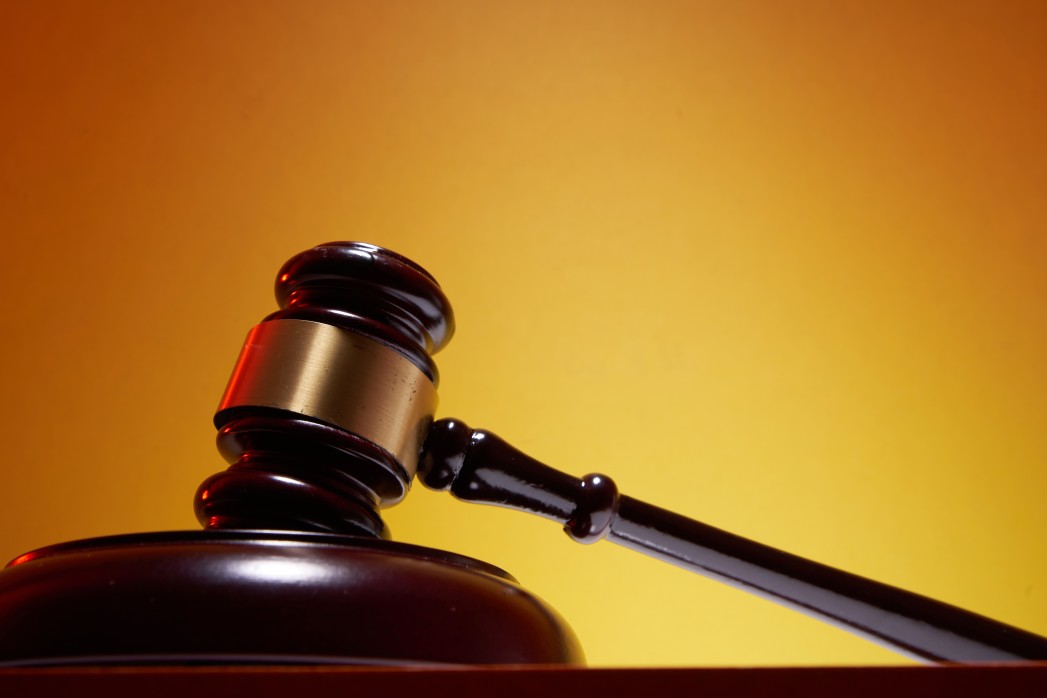The Copyright Small Claims Court is Now Open! It’s been a long time coming, but the Copyright Claims Board is finally up and running, and copyright owners with small claims can now file them for consideration.
For those who missed my previous article on the subject, Congress passed a law in 2020 allowing the Copyright Office to create a small claims court. The purpose of the Copyright Small Claims Court is to help copyright owners who either can’t afford the expense of a full lawsuit or whose claims are so small it’s not worth the time and expense of a trial. Here’s what you need to know about how it works:
- Attorneys are not required. The system is user-friendly, so while attorneys are allowed, you don’t have to have an attorney to participate.
- All proceedings are online. No travel is required to have your case heard, and the process of submitting evidence is much more streamlined than in a formal court case.
- Monetary damages are capped at $30,000. Again, this is a small claims court. Even if you win, the amount of money you can be awarded is limited.
- Participation is voluntary. This could be the biggest drawback of the system – both parties have to agree to participate for the Copyright Claims Board to hear the case. If you file a claim and the other party refuses to participate or doesn’t respond, then your claim will not be heard, and you’ll have to go to federal court.
- The Board will only hear certain types of claims. The point is to resolve copyright disputes, which is all the Copyright Claims Board will rule on. If you have an infringement case, want them to decide if an activity would be infringing, or wish to dispute a DMCA take-down notice, then this is the right place for you. If you have additional grievances against the other party, you may want to consider filing in federal court.
- You can’t file the same case in federal court before the Copyright Claims Board. The point is for this to be an alternative to federal court. You can’t have your cake and eat it too – you have to choose one. You could switch from a federal case to the Copyright Claims Board, or vice versa, while proceedings are ongoing, but you can’t have both cases going at the same time. Once a decision has been made in one system, you can’t hop over to the other system in hopes of getting a better ruling.
- Options to appeal are limited. To keep things simple, once the Copyright Claims Board makes a decision, the decision is final. Therefore, they do not offer an appeals process. The only time they will reconsider is if you can show that there was a clear error of law or fact that affected the outcome of the case.
For more information, please see my previous article here, or look at the Copyright Claims Board website at https://ccb.gov/


